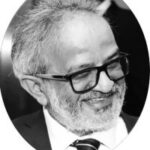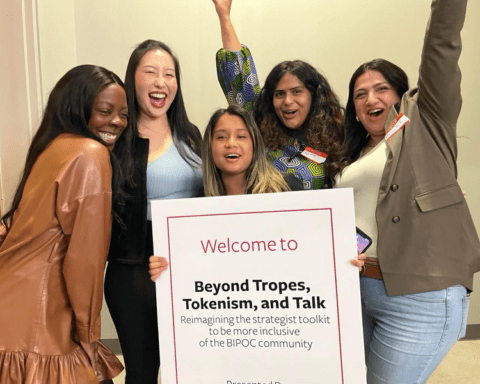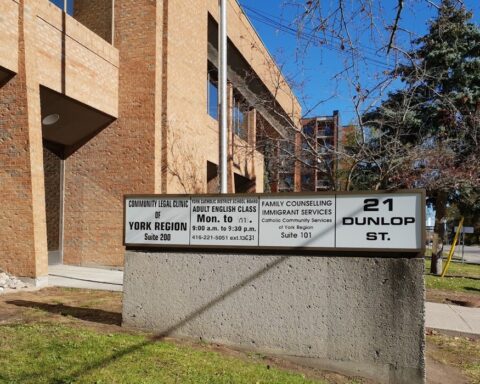Immigration in Canada is an issue which everyone admits requires an urgent redress but nobody quite knows what exactly is to be done about it. Generally speaking, a majority of Canadian politicians favour immigration, which by itself is commendable considering the rising tide against immigration all across Europe. But even as it favours immigration, Canada really doesn’t have a clue what do with newcomers.
Two illuminating events – a lecture and a panel discussion – highlighted the indifference to newcomer integration in Canada.
At a lecture in Toronto organized by the Literary Review of Canada (LRC), Dr. Kwame McKenzie, Professor of Psychiatry at University of Toronto and Medical Director at the Centre for Addiction and Mental Health, observed that the Canadian approach to immigration is flawed because it focuses on workers rather than people. “Workers build an economy, people build countries,” he said.
Selection of the right immigrant is of great significance. Using a hockey analogy, McKenzie noted that Canada’s policy on immigration should have the same philosophy as the legendary Wayne Gretzky, who planned his moves in anticipation of where the puck would be rather than where it currently is.
In his one-hour talk, which was co-produced by LRC with Big Ideas (TVO), McKenzie suggested that applicants should be evaluated for their emotional quotient in addition to their skills.
He once took a taxi whose driver was a doctor in philosophy from West Africa. When McKenzie asked the cabbie about his life in Canada as an immigrant, he answered – with the equanimity of a wizened man who had come to terms with the frustrations of life – that he had resigned to being a taxi driver, but hoped that his children would succeed. “If they don’t, I’ll come to you at the [mental health] hospital.”
McKinzie said by denying highly-qualified people their right to careers in their chosen field, Canada is actually committing two grave injustices – it is depriving developing societies of their finest talent and wasting these talents in Canada.
Deconstructing “Canadian experience”
One of the bottlenecks immigrants face is the demand from employers for “Canadian experience”. A University of Toronto project is attempting to look at the “Canadian experience” from a human rights perspective. At a seminar in January, “Beyond Canadian Experience” panelists were united in their conviction that the issue is not a human resource problem at all.
The project is a collaboration between the University of Toronto Factor-Inwentash Faculty of Social Work, the Mennonite New Life Centre, the Chinese Canadian National Council Toronto Chapter, and the Toronto Region Immigrant Employment Council (TRIEC).
The project has twin visions:
- A Canadian labour market that prospers from the full and meaningful integration of immigrants from all regions in the world
- A Canada that respects, values and makes use of the international education, experience, and expertise of immigrantsIzumi Sakamoto and Lin Fang, both from University of Toronto Factor-Inwentash Faculty of Social Work, are the lead investigators for the project, which proposes to “deconstruct” the notion of Canadian experience to be able to reduce barriers to immigrants’ employment.
Barbara Hall, the former mayor of Toronto and the chief commissioner of the Ontario Human Rights Commission, was the keynote speaker at the event. She remarked, “Traditional thinking has always approached the problem from the perspective of human resources; a growing movement suggests that it must be thought of in terms of human rights.”
The impressive panel included Claude Balthazard, Vice President of Regulatory Affairs, Human Resources Professional Association; Avvy Go, Clinic Director, Metro Toronto Chinese & Southeast Asian Legal Clinic; Amy Casipullai, Senior Coordinator, Policy and Communications, Ontario Council of Agencies Serving Immigrants (OCASI); and Gerard Keledjian, Journalist & Writer, New Voices Magazine, Mennonite New Life Centre-Toronto.- New Canadian Media
Mayank Bhatt is a thought leader with experience in diverse spheres such as bilateral trade promotion, administration and management of not-for-profit organisations, public relations and marketing, editorial and content management.





